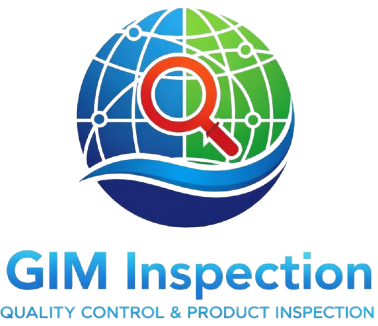Ensuring quality control in Taiwan’s printed circuit board (PCB) and semiconductor manufacturing sectors is paramount for maintaining product integrity and meeting international standards. This article delves into the significance of quality control in these industries, identifies common quality issues, and provides a comprehensive guide to implementing effective quality control in Taiwan’s factories.
Understanding Taiwan’s Electronics Manufacturing Landscape
Taiwan stands as a global leader in electronics manufacturing, particularly in the production of PCBs and semiconductors. The nation’s advanced infrastructure, skilled workforce, and adherence to international standards have solidified its reputation in the electronics sector. However, the complexity of these manufacturing processes necessitates stringent quality control to ensure product reliability and safety.
Common Quality Issues in PCB and Semiconductor Production
Manufacturers often encounter several quality challenges, including:
• Component Misalignment
Improper placement of components can lead to circuit failures.
• Soldering Defects
Issues such as cold solder joints or excessive solder can compromise electrical connections.
• Contamination
Foreign particles can cause short circuits or other malfunctions.
• Material Deficiencies:
Substandard raw materials may result in premature product failure.
Step-by-Step Guide to Ensuring Quality Control in Taiwan’s Factories
A. Pre-Production Stage: Supplier Verification & Factory Audits
1. Supplier Verification: Conduct thorough assessments of potential suppliers to ensure they meet quality standards and have a track record of reliability.
2. Factory Audits: Perform comprehensive audits of manufacturing facilities to evaluate their adherence to quality control protocols and identify areas for improvement.
B. In-Production Stage: Process Monitoring & Inline Inspections
1. Process Monitoring: Implement real-time monitoring systems to track production parameters and detect deviations promptly.
2. Inline Inspections: Establish regular inspection points throughout the production line to identify and address defects as they occur.
C. Post-Production Stage: Final Quality Testing & Certification
1. Final Testing: Conduct exhaustive testing of finished products to verify functionality and compliance with specifications.
2. Certification: Obtain relevant certifications that attest to the product’s quality and safety, facilitating market acceptance.
Role of Third-Party Inspection in Maintaining Quality
Engaging independent third-party inspection services can provide an unbiased evaluation of manufacturing processes and product quality. These services offer expertise in identifying potential issues, ensuring compliance with international standards, and enhancing the credibility of the manufacturer’s quality control efforts.
Leveraging Data & Technology for Better Quality Outcomes
Integrating advanced technologies such as automated inspection systems, data analytics, and machine learning can significantly enhance quality control processes. These tools enable real-time defect detection, predictive maintenance, and continuous process optimization, leading to improved product quality and operational efficiency.
Partnering with the Right Quality Control Expert
Selecting a reputable quality control services in Taiwan is crucial for ensuring consistent product quality. Factors to consider include the partner’s experience in the electronics industry, understanding of local manufacturing practices, and ability to provide comprehensive inspection and testing services.
Conclusion: Building a Future-Ready, Defect-Free Supply Chain
Implementing robust quality control measures in Taiwan’s PCB and semiconductor manufacturing sectors is essential for producing reliable and high-quality products. By adopting proactive quality control strategies, leveraging technological advancements, and collaborating with experienced partners, manufacturers can build a resilient supply chain capable of meeting global standards and customer expectations.
For more insights into quality control practices and inspection management, visit Global Inspection Managing.
FAQs
PCB quality is maintained through real-time process monitoring, inline inspections, automated optical checks, and final testing, ensuring consistency, defect detection, and compliance with global manufacturing standards.
Effective semiconductor inspections include automated optical inspection, SEM analysis, and in-line electrical testing, combined with data monitoring to detect defects early and ensure high precision and reliability.
Importers rely on third-party inspections for unbiased quality checks, compliance verification, defect detection, and risk reduction, ensuring reliable products and stronger supplier relationships in Taiwan’s manufacturing sector.
PCB factories follow ISO 9001, IPC-A-600, and RoHS standards to ensure quality management, product reliability, environmental compliance, and adherence to international manufacturing requirements.
